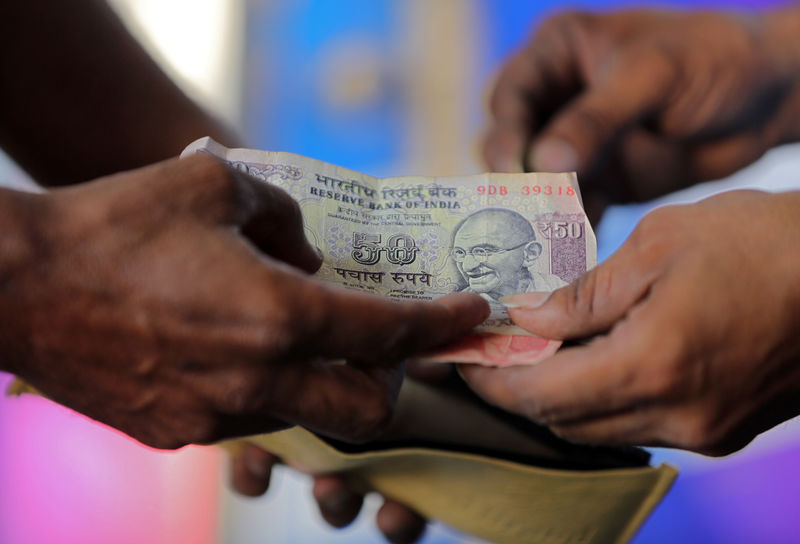 © Reuters.
© Reuters.
In a significant development, Nigeria's currency, the naira, depreciated by nearly 5% against the US dollar in the parallel market. This depreciation followed a record low in the country's official currency market, which led to an active stockpiling of dollars by residents, particularly in Lagos. The exchange rate of the naira fell from 1,052 to 1,110 per dollar according to Abubakar Mohammed of Forward Marketing Bureau de Change Ltd., who keeps track of informal currency trading.
This depreciation comes on the heels of an 8.9% depreciation of the naira to an unprecedented low of 848.12 in the official market. The Central Bank of Nigeria permitted this under President Bola Tinubu's administration. Since its May pledge to unify the nation’s foreign-exchange market, the naira has dropped over 40%.
The situation was further exacerbated when import restrictions on 43 items were lifted, escalating dollar demand in the parallel market. The policy changes have created a ripple effect on Nigeria's economy as residents grapple with the rapidly changing value of their currency. The ongoing situation continues to be closely monitored by financial institutions and policymakers alike.
This article was generated with the support of AI and reviewed by an editor. For more information see our T&C.

